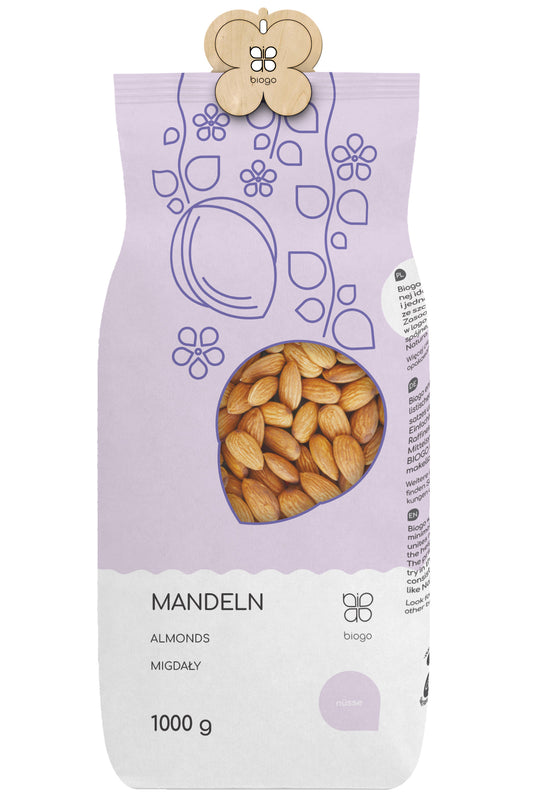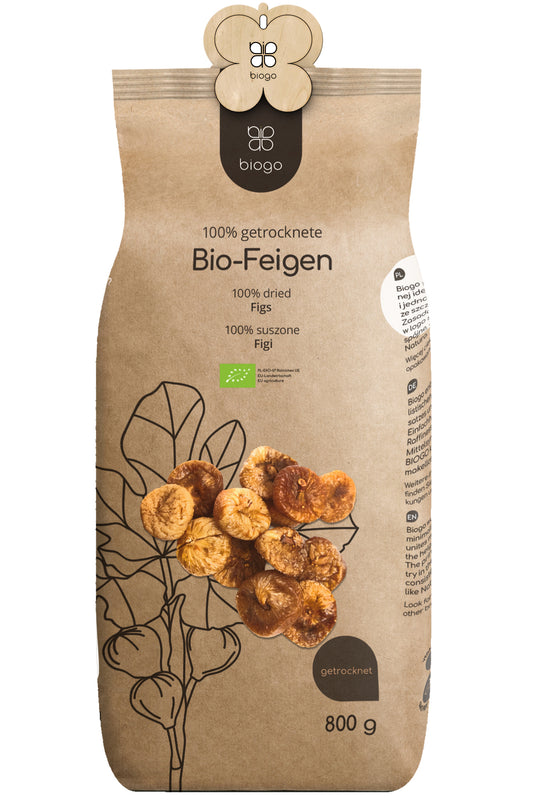How our daily habits can harm the environment and how we can change these habits
Contents:
The topic of environmental protection, climate change, and human impact on the natural environment is currently enjoying great popularity. Even preschool children are learning how to properly separate waste, and first-graders, armed with garbage bags, are scouring city parks, meadows, and forests, collecting trash for Earth Day. Most of us are already thinking about shopping with reusable cotton bags instead of those single-use plastic bags. However, we can have habits that are harmful to the environment without even realizing it. Over the years, we acquire and adopt various habits from home. Which of these should we change for the good of our planet?
Which everyday habits harm the environment?
Which everyday habits that seem obvious and natural and for which we see no alternative can harm our planet?
- The use of traditional deodorants – even if we don't think about it every day – contributes to the pollution of the planet in several ways. These sprays pollute the air, contribute to the accumulation of greenhouse gases in the atmosphere, and contribute to the formation of harmful smog. Deodorant sticks come in non-recyclable plastic containers. The solution is to use organic deodorants in cubes or creams packaged in a cardboard or metal box, as well as to make your own deodorant at home and store it in a glass jar. This not only protects the environment but also our health, because organic deodorants contain no harmful substances or preservatives.
- Regular and frequent consumption of red meat – Factory farming has a huge impact on the environment. To produce just one kilogram of red meat, you need ten times more water and 30 times more land than other animals. The production of animals for meat, as well as the production of feed and the associated transport in this part of the industry, are responsible for the production of a large amount of greenhouse gases. The deforestation of rainforests to create fields for growing animal feed has a huge impact on the alteration of the natural ecosystem and the extinction of some wildlife species. Vegetables and fruit are an excellent, tasty and, above all, healthy alternative to red meat. Growing vegetables is definitely more efficient, uses less water, requires less space and produces incomparably fewer greenhouse gases.
- Using detergents that contain environmentally harmful substances – Common detergents, washing powders, bleach, and cleansing milks available in drugstores and supermarkets contain numerous chemicals, such as phosphates, which, along with the water from our washing machines and sinks, enter the natural environment, posing a toxic hazard to aquatic organisms. All of these products are packaged in plastic, which is often not suitable for recycling. However, you must wash – the solution can be washing in soap flakes , soap nuts, or homemade washing powders, or you can choose an ecological washing powder and pay attention to its ingredients.
- Food waste – unfortunately, we still buy too much food that simply goes to waste and ends up in the bin. This is neither good for our wallets nor for the environment. Around 90% of food ends up in landfills, where, while it doesn't contribute to soil fertilization, it is responsible for a significant portion of methane emissions into the atmosphere. So let's try to do our grocery shopping wisely, following the list and in quantities that we can actually eat.
Out of concern for the environment and the future of future generations, we should also try to use as little plastic as possible on a daily basis, read product labels and shop carefully, choose organic products, and buy food by weight instead of unnecessarily packaging it with plastic. The plastic waste that humans produce is generated at such a rate and in such quantities that, despite some recycling, so much accumulates that we simply cannot process it. Therefore, it is worth considering avoiding buying water in plastic bottles, drinking coffee in your own thermos instead of buying it in disposable cups in town, or limiting the use of single-use plastic bags. These small changes will not affect our quality of life—quite the opposite.
THE PUBLISHER'S CHOICE
Dried dates 1 kg BIOGO
- £4.00
£5.00- £4.00
- Unit price
- / per
Almonds 1 kg BIOGO
- £11.00
£13.00- £11.00
- Unit price
- / per
Peeled sunflower seeds 1 kg BIOGO
- £3.00
£4.00- £3.00
- Unit price
- / per
Dried organic mango 400 g BIOGO
- £10.00
- £10.00
- Unit price
- / per
Dried White Mulberries 500 g ORGANIC
- £6.00
£7.00- £6.00
- Unit price
- / per
Popcorn (corn kernels) organic 1 kg BIOGO
- £6.00
- £6.00
- Unit price
- / per
Organic Ground Turmeric 500 g BIOGO
- £6.00
- £6.00
- Unit price
- / per
Milk thistle seeds 1 kg BIOGO
- £4.00
- £4.00
- Unit price
- / per
Dried organic figs 800 g BIOGO
- £27.00
- £27.00
- Unit price
- / per
Bag #changezbiogo Cotton v.2
- £3.00
- £3.00
- Unit price
- / per






































































































































